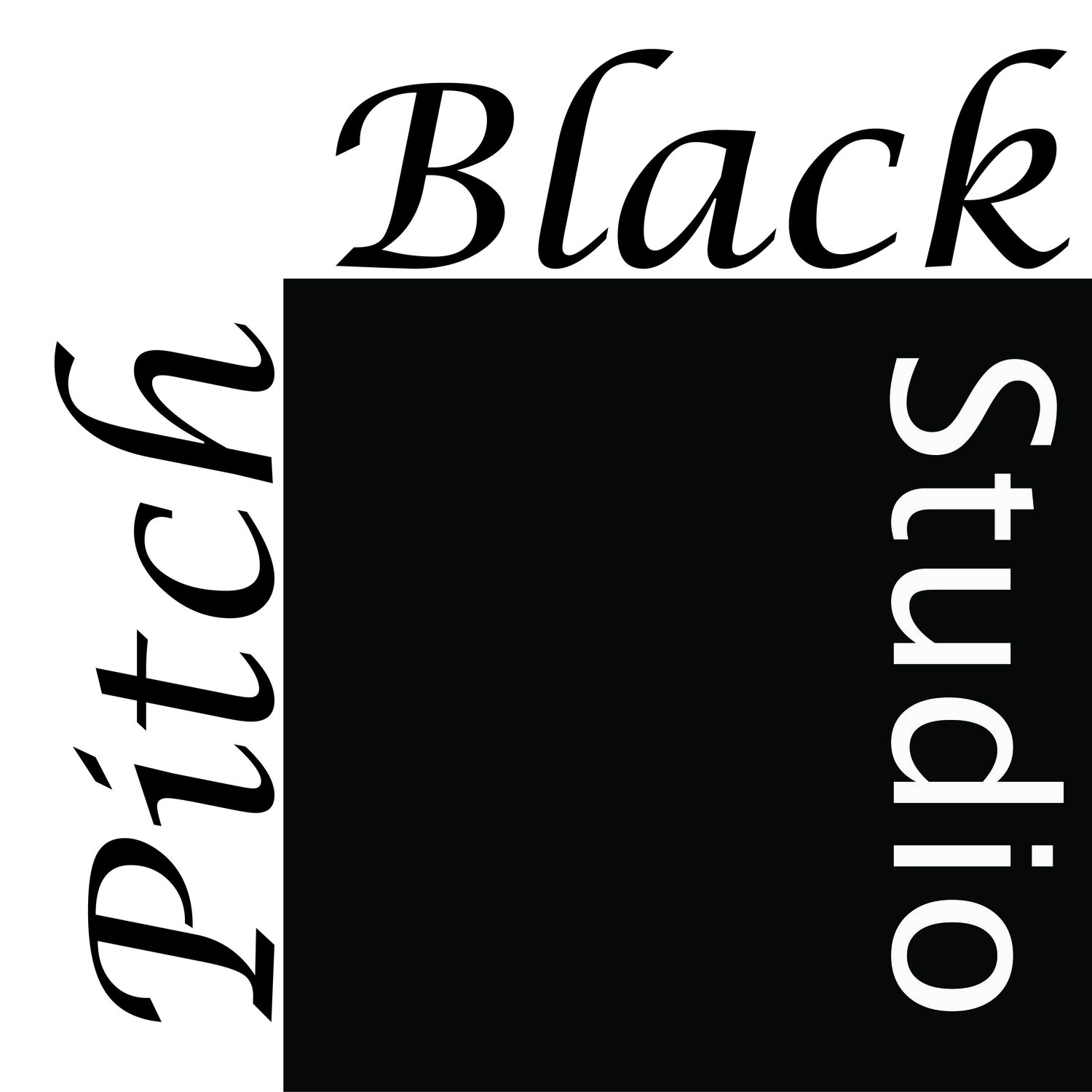The play of money.
I thought I had a good relationship with money. Turns out we don’t get along.
It’s okay, we’re still friends, but I thought we could overcome the difference in our status without confronting questions: Am I good enough to ask for this, what will she think if I ask that, is she really that interested? I looked, but Dame Nellie never once threw me a wink of encouragement.
I discovered this the first time I had to quote a client for an article. How much dare I ask? Some part of me threw right back to the last time I had a heart-to-heart talk with Money, as a cash-strapped teenager happy to get a few bucks on a paper round.
We all have our own particular relationship with money, and it has little to do with what we learned about money in economics class. Some see money as love and support, others as power, some shame, others greed, and some as an esteem that they feel they don’t deserve, and so are uncomfortable in asking for it. There is always an emotional flavour to it.
According to John Armstrong in How to Worry Less About Money, many of these emotional perceptions are formed through childhood experiences. When did you receive money as a child, and what was it for? Does it invoke the generous and loving memory of a birthday card from grandma, or does it come with the bitter sting of possessive arguments?
Just what were your influences around money?
Monopoly’s lesson
Not to elevate a game’s influence on people, but what models exist for a youngster to have a good relationship with money? Granted pocket money? Reality TV where you sell out your teammates even in survival situations? Perhaps it is rather the absence of interactions with money. Lack of experience. The family coming together for a game could be an opportunity to develop a good relationship with money.
But Monopoly just ain’t it.
Money in Monopoly is a weapon with which to strike your sister or be belittled by your brother. It is a tool of destruction and greed. With it, you bring the pain.
I mean, that’s fun and all, but is embedding that sense with the emotional experience of family time the best formula for fostering a good relationship with this vital tool?
Are there other, stronger and nobler drives that we can tap into?
Money as a motivator
Money is a weak motivator, it may come as a relief to hear. It’s just not that important to us.
Helping others, doing good work, the greater good, defending society – these are much stronger drives. Often a business coach’s key job is to get their mentee to reframe their business so that it comes as helping people rather than as a means of making money.
This is still separate from the notion of asking for money, which is a vital missing step in the process in the system. Money is an important tool, but it is also the delay in gratification between doing work and getting fed.
With the subconscious idea that money is something with which to harm the person who gave it to you, there is a discord between doing good deeds and receiving payment. The gap between work and food with money as the middleman takes some experience to be grooved into, with positive experiences in financial negotiation.
Perhaps we could find better models.
Better models for money in games.
Looking back at the origins of Monopoly, Elizabeth Magie’s original ‘Wealth Creation’ win condition was a much more favourable tool to teach a good relationship with money. To receive money in that version of the game is to put that money to good use that would end up helping everyone, and so feel better about receiving it, and to help the player bridge the gap between work and reward.
Clans of Caledonia: Buying milk from friendly neighbours
Recently I have been researching many farming games, and all of them promote a stronger link between work and financial reward – you start with a barren field and no real assets, then turn the soil, fertilise and plant, and create wealth, for which you get paid and can eat.
Agricola
Rarely is currency used to sabotage other players in games like Agricola, and everyone ends up much better off for their interaction with the game and each other. Even if you didn’t win, you end up with a thriving empire of sheep paddocks or wheat fields.
The competitive interaction between players in this style of economic game is usually only in grabbing something that another player wanted – that watering trough or export contract – and some have positive effects with your neighbours.
You get a good trade deal on milk in Clans of Caledonia if you expand to meet your neighbours, and together you build a dyke to hold back the flood in Lowlands. Money and resources are used not just to benefit yourself, but all on the board, especially the buyer who might quite like your cheese.
Even simple game like Harvest will encourage the idea that money (in this game represented by the vegetables you produce, usually peas) is a means of expansion, output and growth, and everyone ends up stronger for it.
Everyone wins, and build positive associations with work and trade. Money now has a positive emotion attached to it, helped in no small part by that enjoyable game-time being spent with family.
And so, with a bit more experience in negotiating my way around money, and better incentives around my work, Dame Nellie might still be aloof, but David Unaipon is giving me a little smile.


